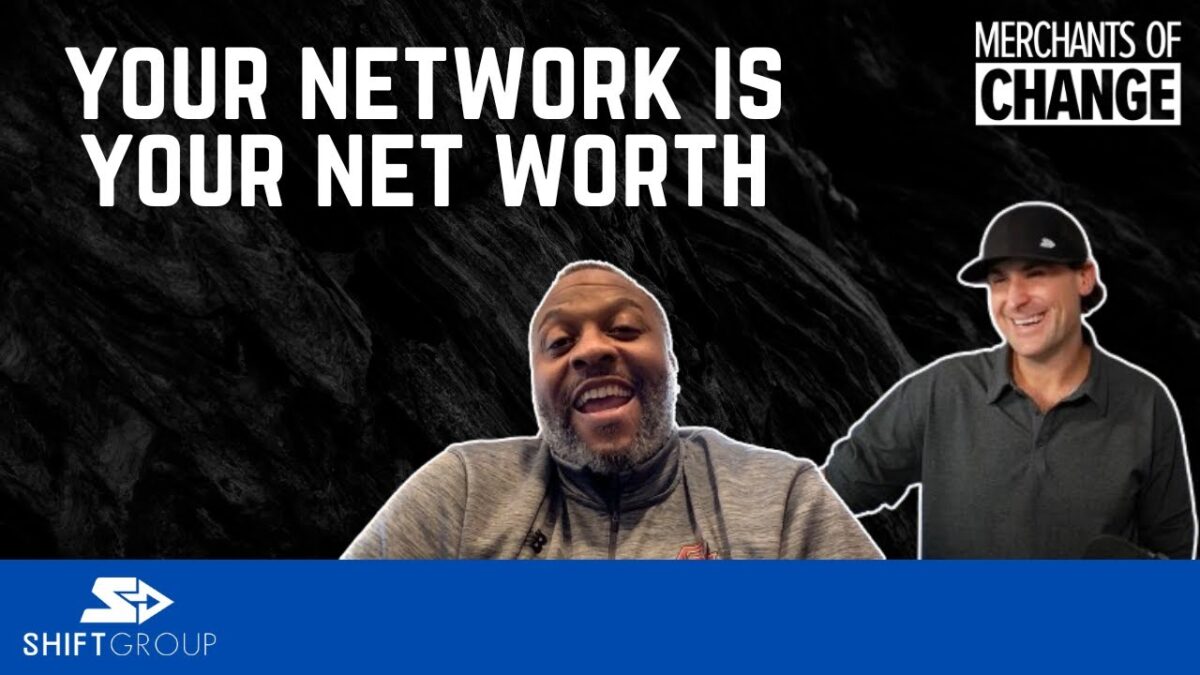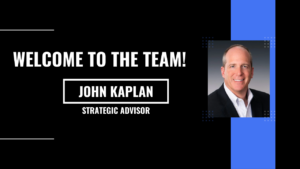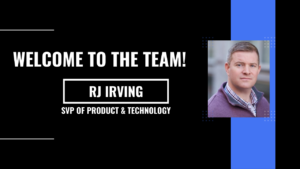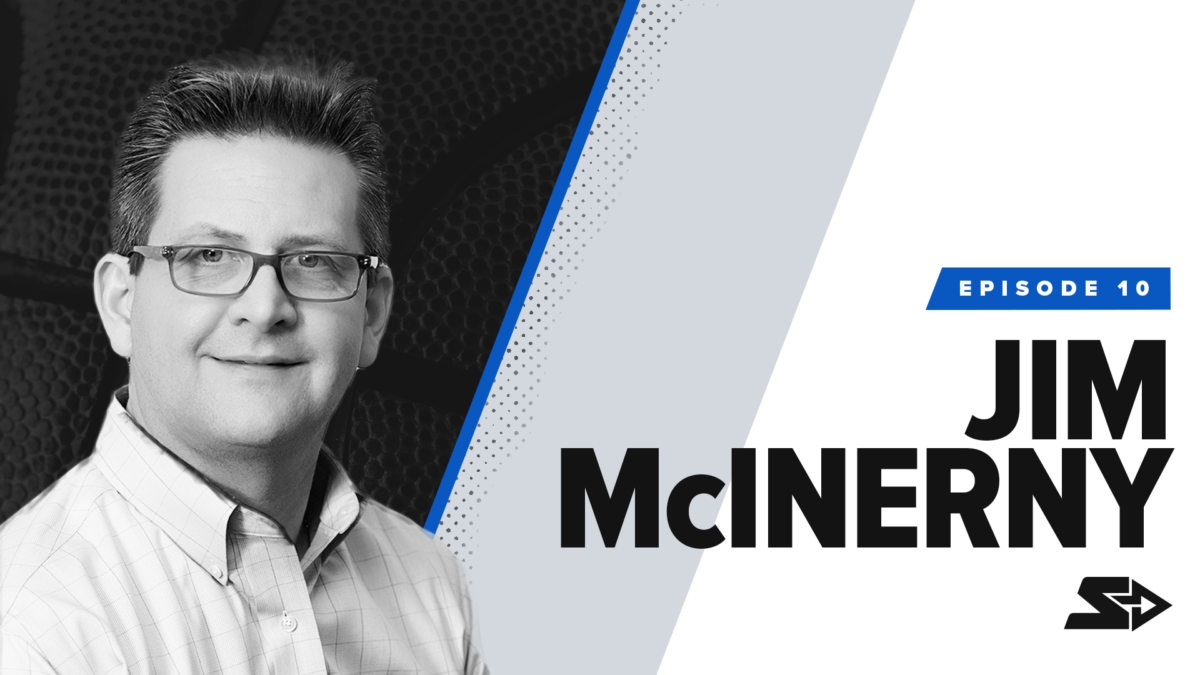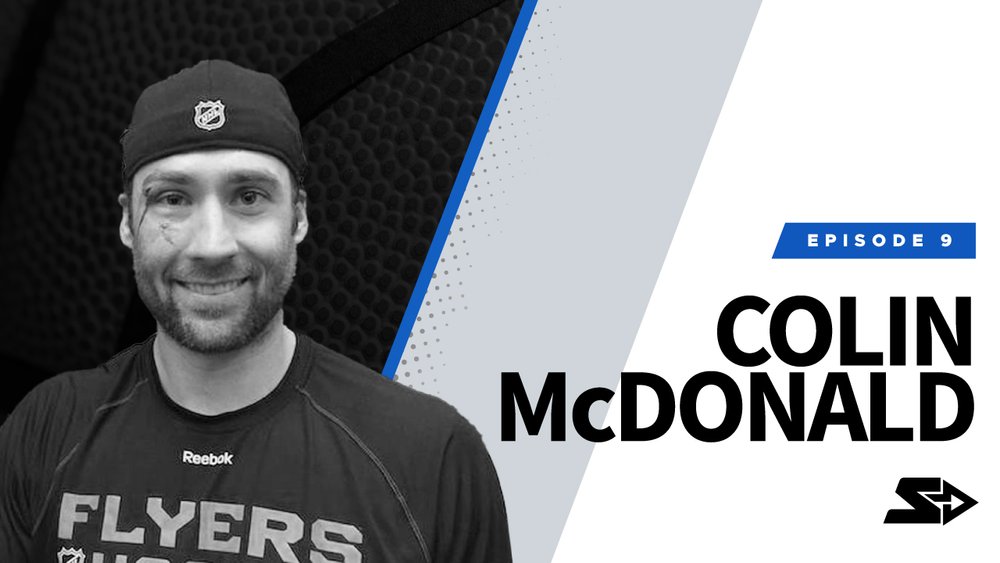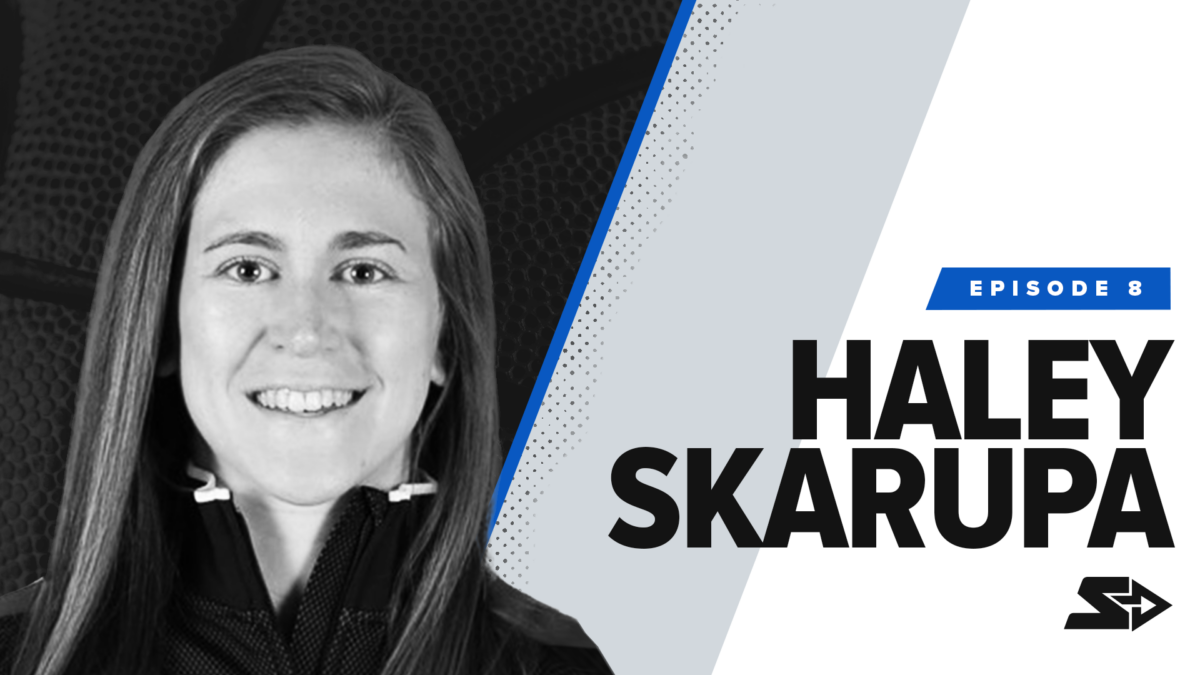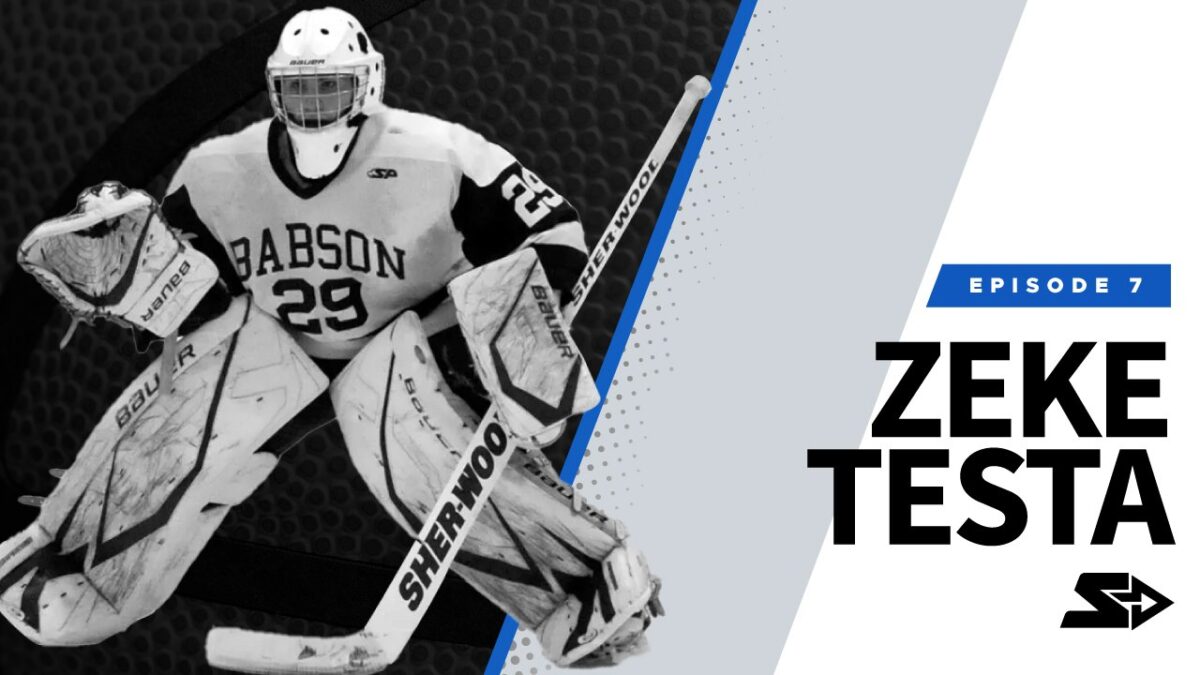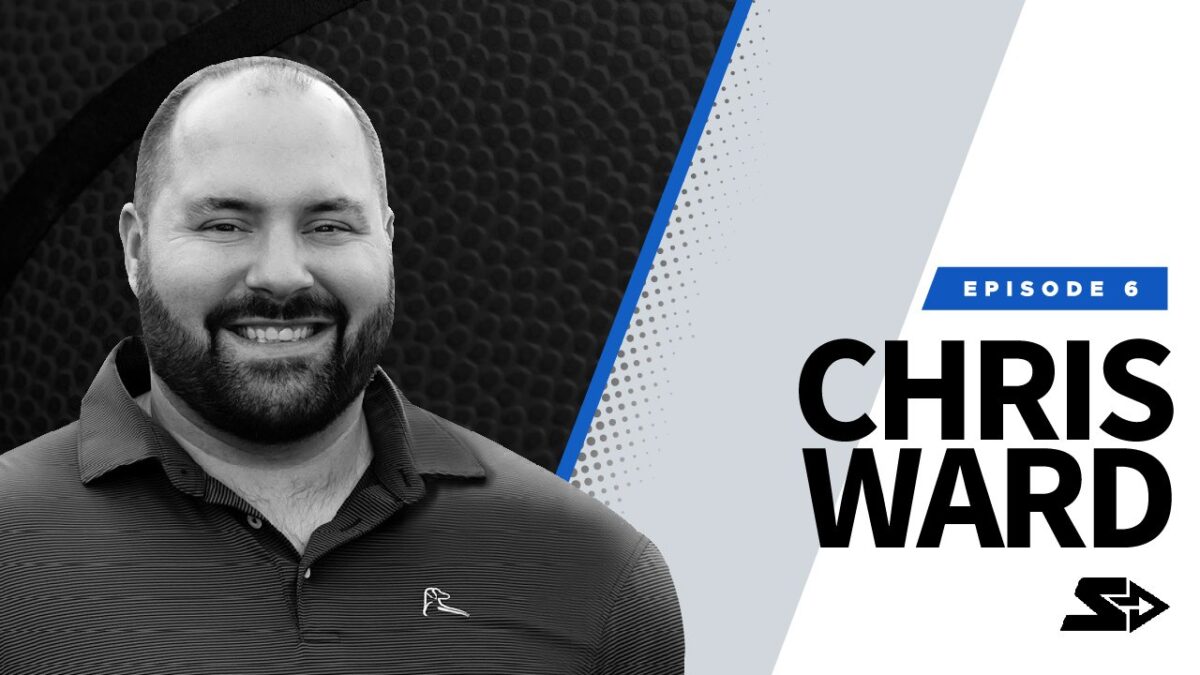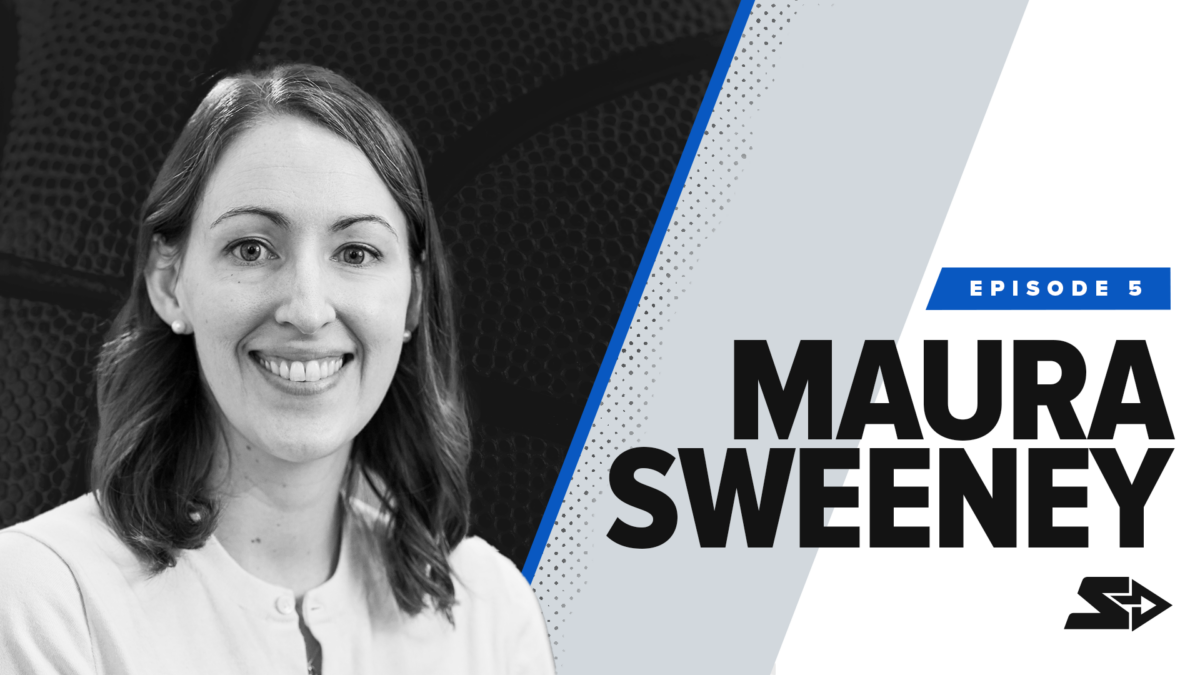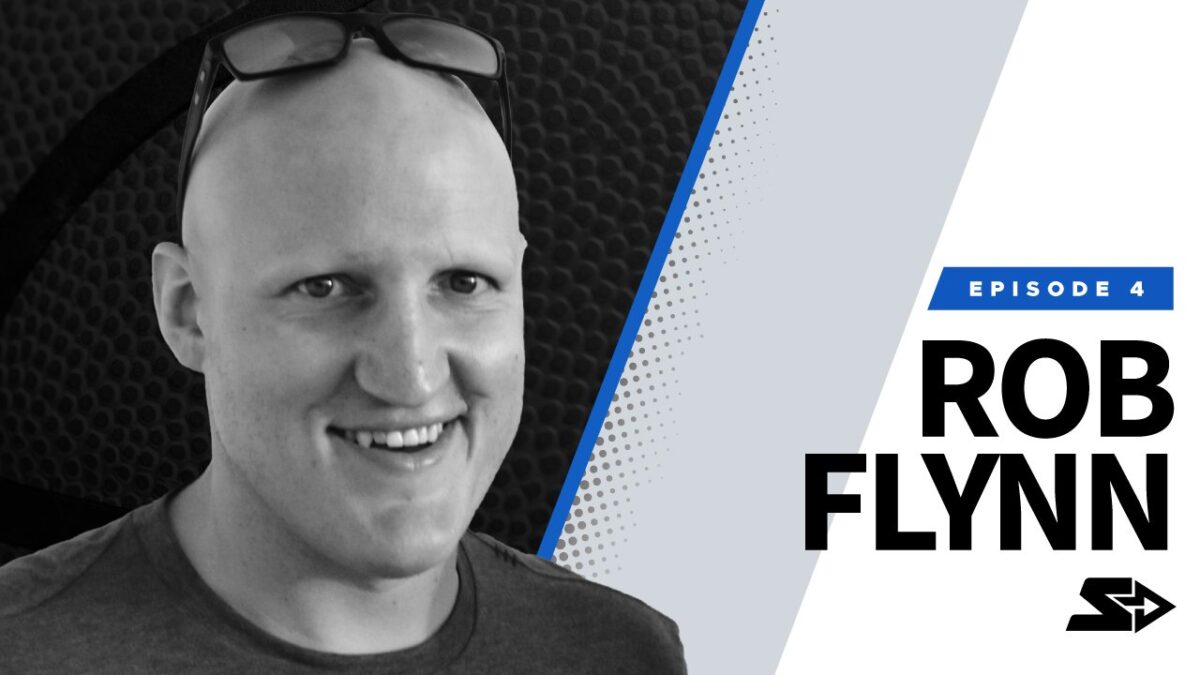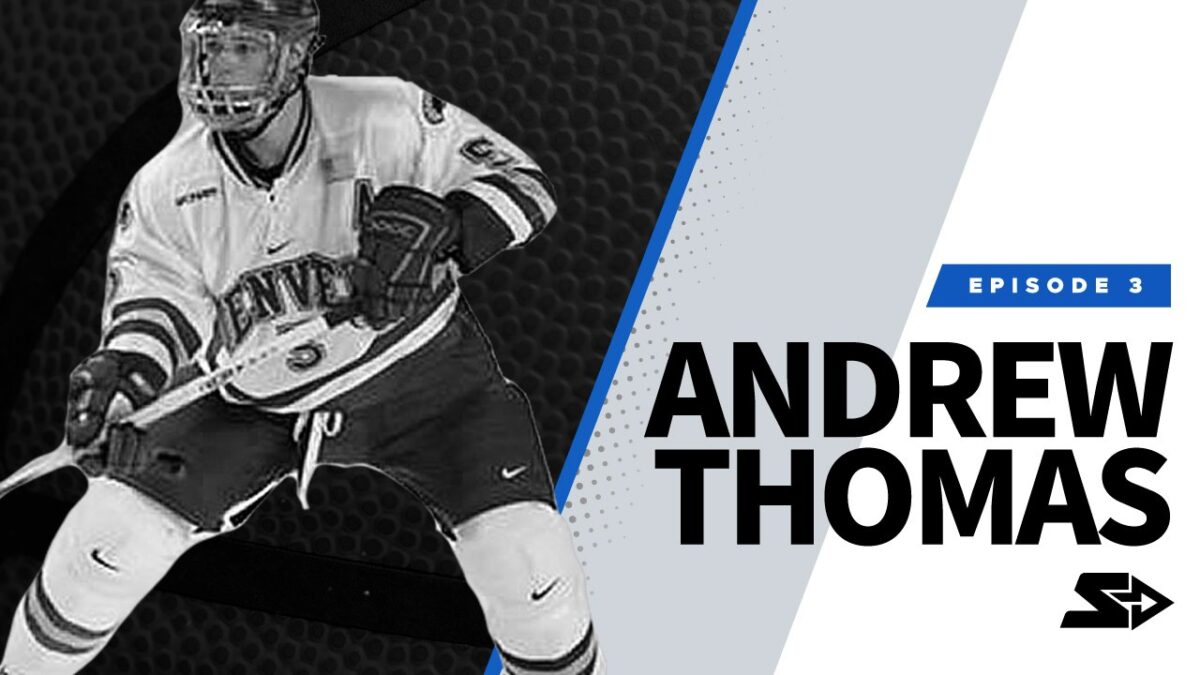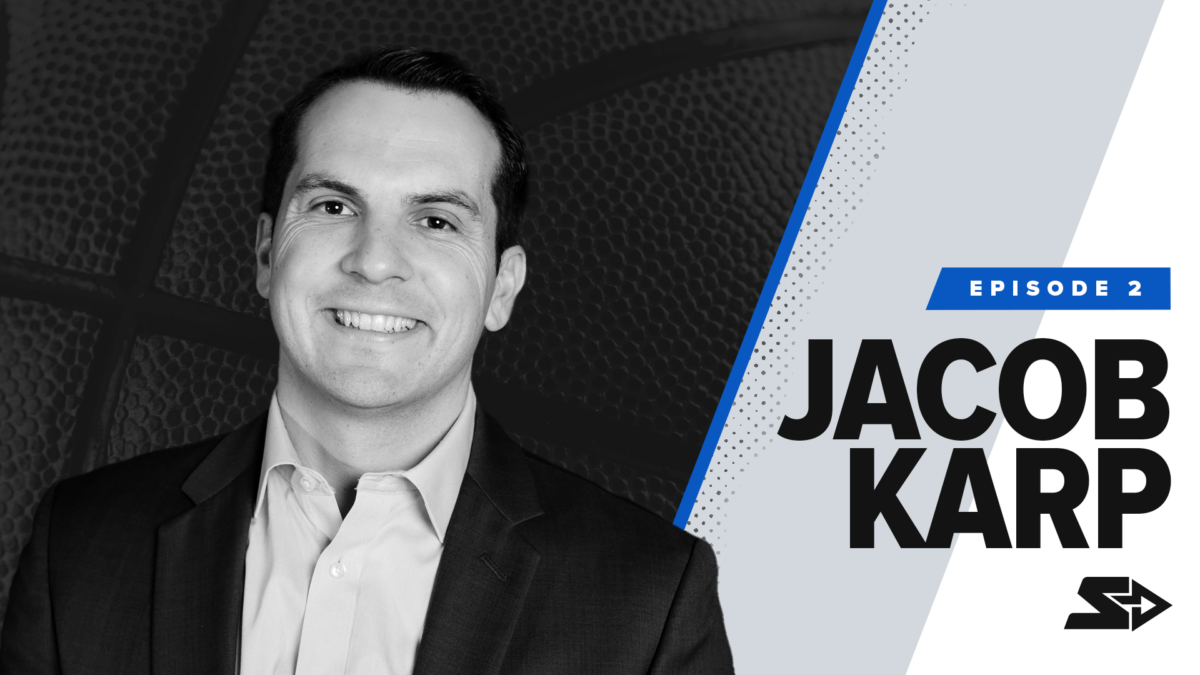Episode 2: Danya Abrams | Your Network is Your Net Worth
Bhupendra Rathod
on
April 4, 2024
April 4, 2024
In the dynamic world of sports, the journey doesn’t end when the final buzzer sounds or the whistle blows. Transitioning from the playing field to the professional arena is a challenge many athletes face. However, for individuals like Danya Abrams, CEO of a burgeoning insurance and financial services company, and co-founder of Diverse Athlete Placement (DAP), this transition has been met with remarkable success.
Abrams, a former Division One basketball player for the Boston College Eagles and a seasoned professional in Europe, has seamlessly transitioned from the court to the boardroom. His journey from athlete to entrepreneur underscores the invaluable skills and traits cultivated through athletic endeavors.
In a recent podcast episode of “Merchants of Change,” hosted by Jay Auerbach, Abrams delved into his illustrious basketball career, highlighting significant milestones such as winning the Mr. Basketball title in New York and achieving success in collegiate basketball with Boston College in the Big East.
What sets Abrams apart is not only his on-court achievements but also his commitment to teamwork and leadership. Reflecting on his playing days, Abrams emphasizes the importance of being a reliable teammate and cultivating a winning mentality both on and off the court.
Upon transitioning to the professional realm, Abrams faced the challenge of charting a new course. Undeterred by setbacks, he leveraged his resilience and work ethic to thrive in the corporate landscape. Drawing parallels between athletics and business, Abrams underscores the significance of discipline, adaptability, and a growth mindset.
Recognizing the need to support fellow athletes in their career transitions, Abrams co-founded Diverse Athlete Placement. This innovative initiative aims to empower student-athletes with essential career readiness skills, including resume writing, LinkedIn preparation, and professional networking.
The partnership between DAP and Shift Group signifies a pivotal step towards bridging the gap between athletic prowess and professional success. Together, they offer a comprehensive approach to career development, encompassing online curriculum, speaking engagements, and professional network training.
For aspiring athletes contemplating their post-collegiate journey, Abrams offers sage advice rooted in his own experiences. He emphasizes the importance of leveraging resources, networking, and maintaining a resilient mindset in the face of adversity.
In essence, Abrams’ journey epitomizes the transformative power of sports, transcending athletic achievement to redefine success in the corporate arena. Through his entrepreneurial endeavors and commitment to empowering fellow athletes, Abrams continues to inspire a new generation of professionals to reach for greatness beyond the confines of the playing field.
